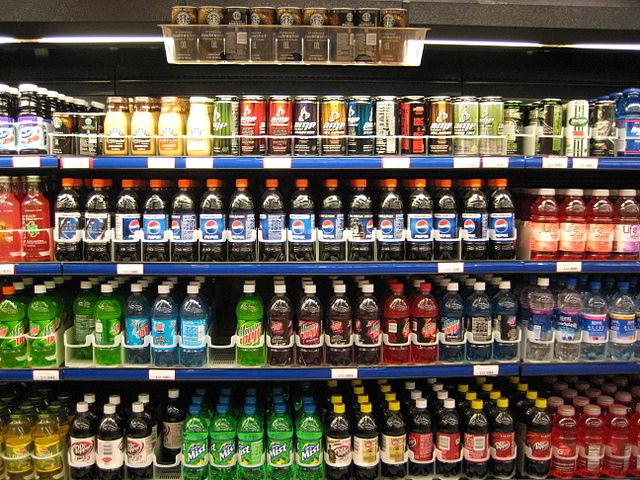
Berkeley, California has been called the epicenter of many things. In the 1960s, it played a pivotal role in the anti-war movement, the counter-culture movement and the free speech movement. And as Robert Reich, University of California, Berkeley Chancellor’s Professor of Public Policy, recently pointed out in his blog, the area may soon have one more attribute to add to its fame: the first city to tax sugary drinks.
If this doesn’t seem like much of an accolade, consider New York. The indefatigable ex-mayor Michael Bloomberg tried to push through a ban on sugary drinks a few years back and was soundly rebuffed by the courts for executive overreach. The credit for that failure was attributed to the soda industry, which lodged a vigorous campaign to stop the restriction and has been equally focused on dispelling criticisms of the sugar industry.
But just because New York is big, populous and has lots of lobbyists and good lawyers, doesn’t mean the fight is over concerning food regulation and sugar, apparently. After all, if our national neighbor to the south can push through a soda tax, well, why not a little American city with a world-famous research center?
That’s right. Americans aren’t the first (nor will likely be the last) to wrestle with the question of whether to regulate sugar consumption.
And to get an appreciation of just how momentous Mexico’s coup d’etat was when it came to finally taxing soda sales earlier this year, it’s important to consider the role that soda has historically played in Latin America’s rural villages. When I was a child living and traveling in Mexico, soda drinks were considered the “safe” everyday beverages to turn to. Soda filled an essential role in small villages and even large city apartment complexes where tap water was either untreated or often difficult to access. Consequently, the soda industry has had decades of unfettered access to school-aged consumers, many of whom likely didn’t have potable water at home or relied on bottled soda drinks for hot-weather liquids.
And in time, Coca-Cola took on folk-hero status, as a means for curing dysentery, settling a queasy stomach and even curing headaches. To the school-aged child and the newly-arrived tourist, drinks like Coca-Cola, Pepsi and even Fanta filled multiple niches and ‘cures’ during hot summer months.
So, Mexico’s new tax has soda companies understandably worried. After less than a year in force, soda sales have already begun to drop in Mexico, giving further proof the old adage that if you tax something and make it less convenient to rely upon, consumption will indeed wane.
Still, passing a measure to tax the sale of one of America’s biggest and dearest industries can still be a hard sell. For those who grew up with Pepsi in the fridge, it may well seem like taxing something quintessentially American like apple pie or turkey dinners.
That’s why in this education- and research-oriented city, the sell doesn’t just come with good graphics, a well laid-out FAQ page and an appealing Berkeley vs. Big soda poster contest, but with hard core, difficult-to-argue facts that would capture the insatiable attention of most Berkeley researchers: a scientific abstract published on PubMed showing the clinical effects of sugar-sweetened drinks on the human metabolism. Dry, but definitely campaign-effective.
Will Berkeley be the first to tax? Who knows. But either way, the debate over the effects of sugary drinks isn’t likely to die. California is already mulling over warning labels about sugary drinks, and San Francisco is discussing a tax measure on sugary drinks as well.
Like a lot of things that lived in fable and fame from previous generations, sugar-sweetened sodas, now outed for the health problems they are believed to have caused, may one day soon have earned a status similar to cigarettes: loved and appreciated, but no longer cool.
Image of sodas: Marlith
Jan Lee is a former news editor and award-winning editorial writer whose non-fiction and fiction have been published in the U.S., Canada, Mexico, the U.K. and Australia. Her articles and posts can be found on TriplePundit, JustMeans, and her blog, The Multicultural Jew, as well as other publications. She currently splits her residence between the city of Vancouver, British Columbia and the rural farmlands of Idaho.














